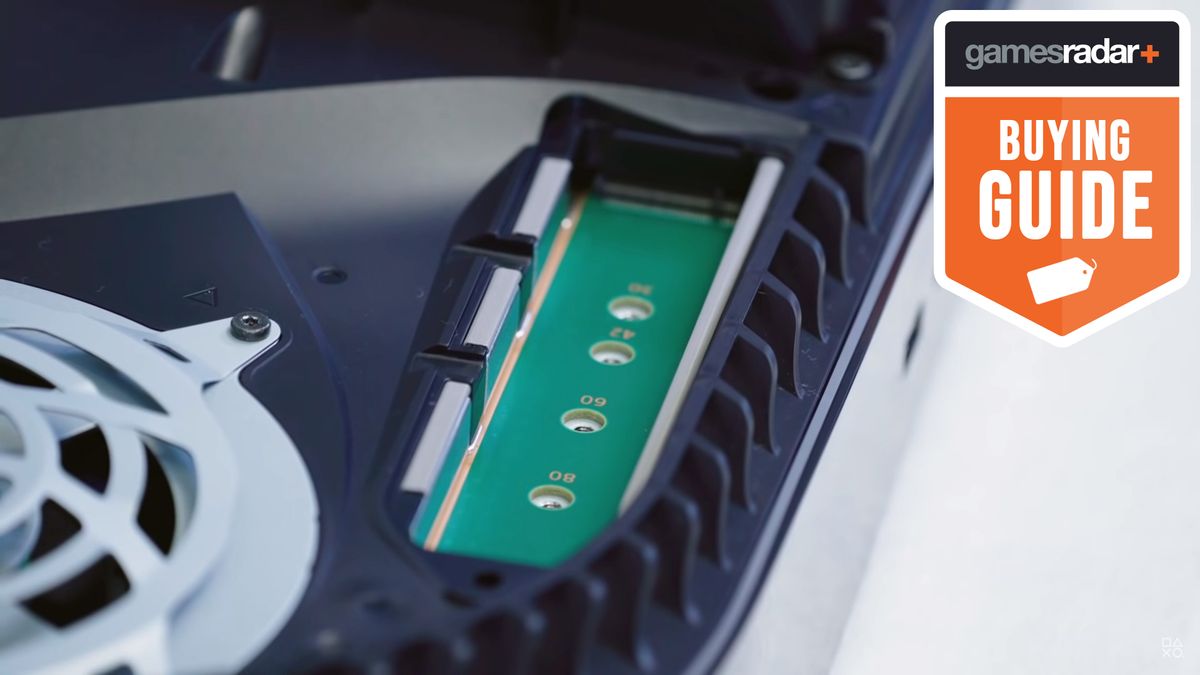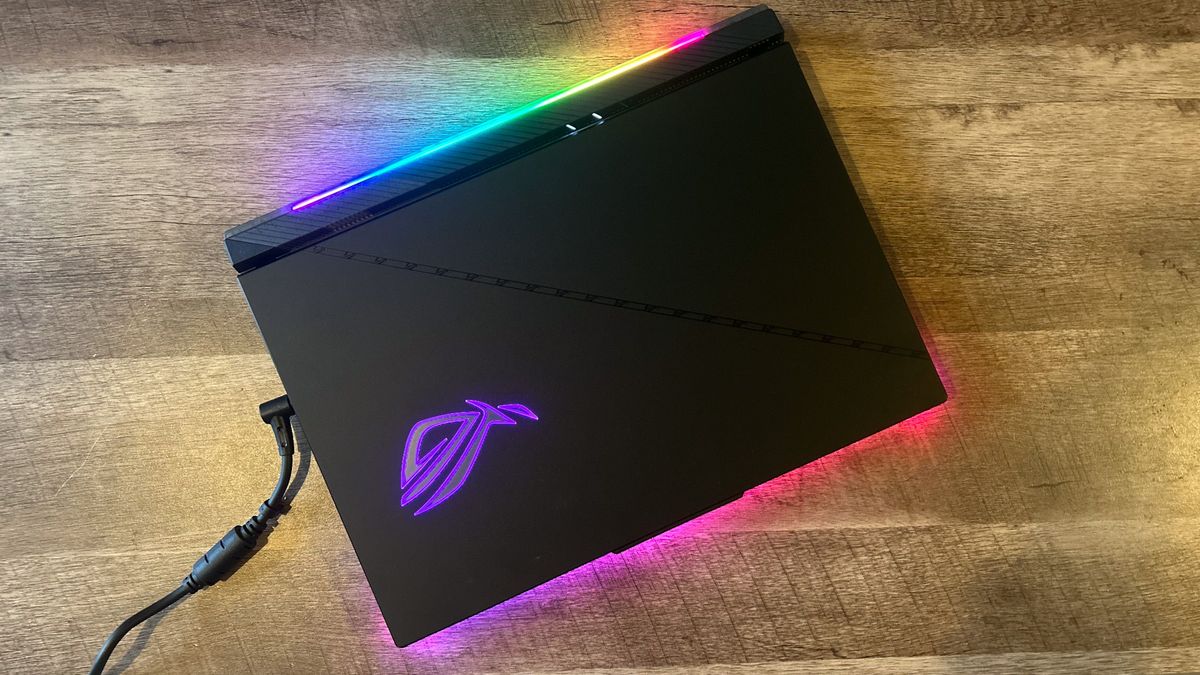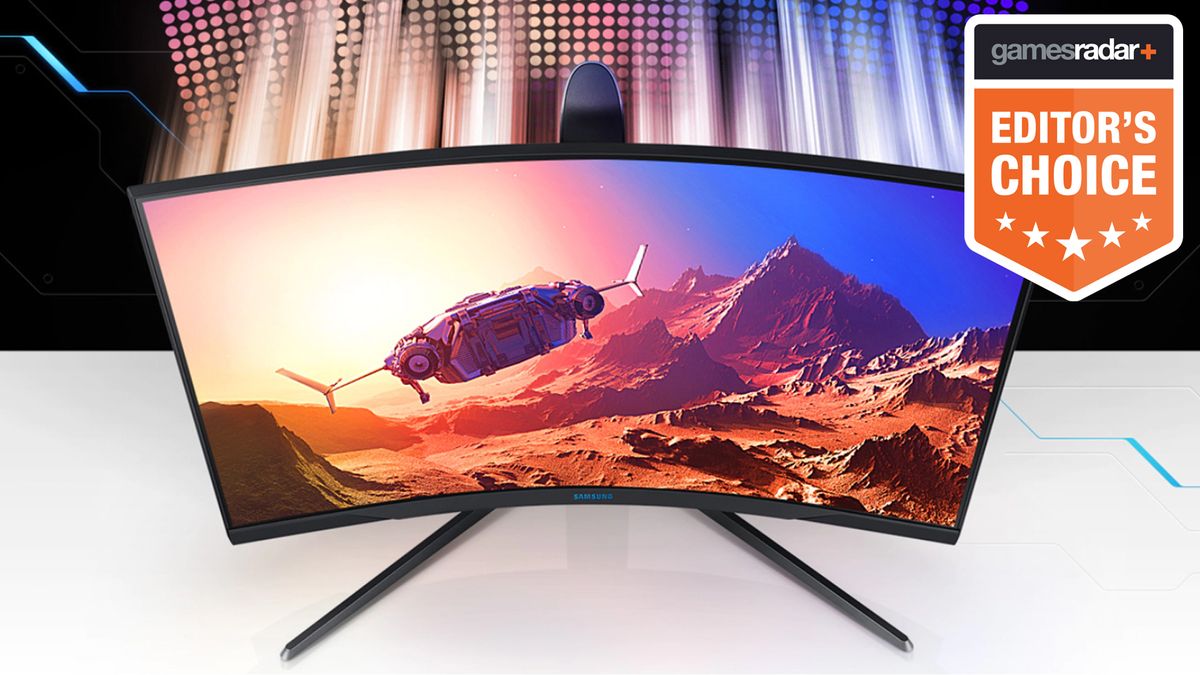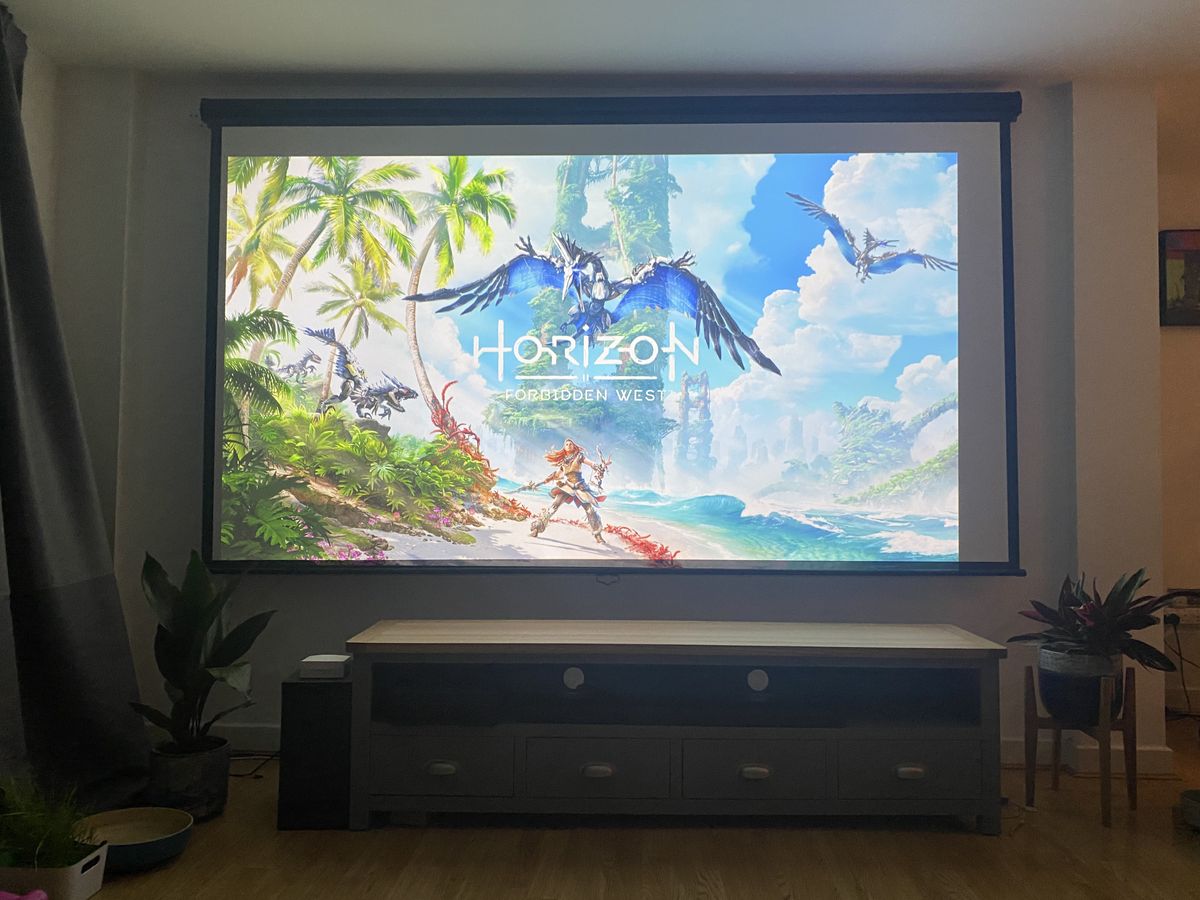The benefits of picking up the best gaming laptop for you are immediately obvious. Finding the right size, shape, level of power, and form factor can completely revolutionize your game library, and blend straight into your everyday tasks and routines. You can take even demanding PC games with you on your commute or to the coffee shop, all in the same package that gives you easy internet access and the ability to work, catch up on homework, or tune up your screenplay.
However, finding the right model for you takes time and research, especially if this is your first leap into the portable gaming PC space. We’ve combed through everything from the best Razer laptops to the best Alienware laptops, so we’ve gathered a few tips and tricks to determining which specs are necessary and which can be sacrificed to get the best price possible. You’ll find our full guide to finding the right rig for you here.
There are a ton of options available, and the differences in each range from major gulfs in performance to really subtle, minor alterations that over time may feel even more important. So where do you start when you’re in the market for a shiny new gaming laptop?
Decide what you need… and what you want
Are you looking for a portable supplement to your existing desktop? Or do you want to fully replace or emulate your home PC (or don’t own one in the first place – in which case you should consider our best gaming PC (opens in new tab) guide)? Do you need the ability to play every high end game as it comes out, and won’t settle for less than maximum settings, or do you just want to mess around with casual and puzzle games while you’re on the go?
Answering these questions will shape how much you need to spend and what end of the laptop pool you’ll be dipping into. If you’re just looking for a secondary PC you can carry with you and don’t need to run cutting edge software or games on ultra, you can skimp on hardware and save yourself some money. A lot of games will run just fine on an older GTX 1650 graphics chip, for instance, and you won’t need a blazingly fast CPU.

I would advise, though, if you go this route, to pick a machine that leaves you some room to upgrade, in case you change your mind later and want to bulk up your machine’s performance. Many laptops are sold as closed systems, without the option to later expand or add components, so if you do go bargain hunting make sure you know what you’re buying and how much it’s future proofed, if at all.
Prioritize your hardware
Even after you’ve decided what range of laptop fits your needs, you need to consider what specs matter most to you. If you’re going to be working extensively on your laptop as well as gaming, you’ll need a competent CPU to handle the load. On the other hand, if you’re buying your machine purely to game on, you can save a little money on the processor and focus on a powerful graphics card. Luckily, mobile cards for laptops have come a long way, and investing in an RTX 3060 laptop or an RTX 3070 laptop deal doesn’t have to burn your entire budget.
Also, if you’re replacing your desktop, chances are you’ll want to opt for a larger, higher quality screen, maybe something in the 16-inch or 17-inch range, whereas if you’re looking to take your PC on the go, a lighter more compact model like the Razer Blade 14 is likely a better choice.
Be aware of heat
If you plan on actually using your machine in your lap, or resting on you while you’re lounging around in bed, you’ll need something that doesn’t feel like a nuclear inferno blossoming against your skin. Check reviews carefully or feel around the bottom and sides of the display models at retail stores; if the case feels uncomfortably warm, it’s going to feel even worse after several minutes in your lap.
The components you choose will contribute to this effect as well – an RTX 3050 laptop, for example, won’t need as much ventilation as an RTX 3080 laptop, so be wary of your cooling when aiming for a higher spec.
Extras are sometimes as important as the core features
A lot of gaming laptop shopping comes down to taste. If you prefer a touch screen, need robust video out options, or prefer a great touchpad to a mouse, those extras can be make or break your setup. And one frequently overlooked but wildly important piece of every laptop is the keyboard—how does it feel? How the is actuation, the key height? Is it clicky and responsive or smooth and silent? Some people demand mechanical keys, which are becoming increasingly available in laptops.

If some of these extras are important to you, choose accordingly, and don’t hesitate to go into a brick and mortar store and experiment with some of the popular models they’re displaying. On the other hand, if you don’t need these bells and whistles, they represent another place where you can trim off some of the final expense.
Size and weight vary a lot
This may seem obvious, but the size and weight of any portable is huge important. If you’re going to be lugging your laptop around with you, or it’s going to spend a lot of time on your lap, you want something slight and easy to carry; if it’s going to find a semi-permanent home on your desk, dimensions aren’t nearly as important, feel free to go bulkier and heavier (with the concomitant increase in power and screen size). Even models that boast the same size screen can vary considerably in terms of weight and overall dimensions, so make sure if you can’t personally get your hands on the machine you want, you at least take a peek at the spec sheet.
Once you’ve found the right model and spec for you, it’s time to get hunting for cheap gaming laptop deals – you can save some considerable cash if you keep your eyes peeled for sales. If you already know your brand, though, we’d recommend checking out our guides to the latest cheap Alienware laptops or cheap Razer laptop deals.
 Games News games, movies and TV you love.
Games News games, movies and TV you love.



